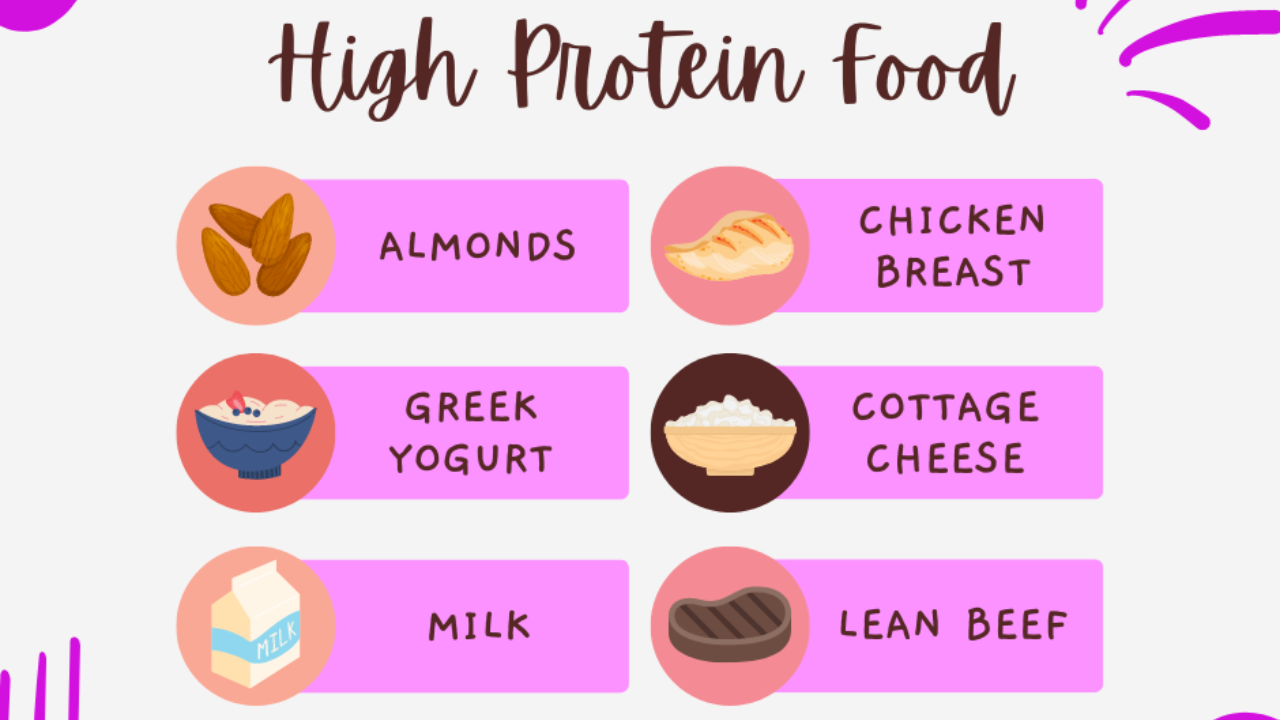How Much Protein Should You Eat?
Jun 04, 2023
When you get coached, I help you get rid of your obstacles - one at a time - that are keeping you stuck. While you lose your excess weight, I want you to eat nutritious foods to be healthy and energetic - while also looking good in your clothing. Choosing a nutritious diet will fuel your body in ways that will make you feel good as you undergo this journey. Coaching helps to motivate you to make those good food choices.
Today's post concerns protein - why it's important, how much you need, and where to get it. Protein is essential for muscle preservation. As we age, it becomes even more critical. When we don’t eat enough protein, our muscles break down, and we can become disabled or frail. The daily recommended protein intake for people under 65 is 0.8 grams per kilogram (2.2 pounds) of body weight. (A 150-pound woman needs at least 54 grams of protein daily.) If you’re 65 or older (like I am), the recommended intake is 1-1.2 grams/kg/day (a 150 lb woman needs at least 68 grams of protein daily). Scientists believe that we need that much protein to preserve muscle so that we remain energetic and strong.
Nearly half of our body's protein resides in our muscles, so eating enough will help keep our muscles functioning optimally. While the optimal amount of daily protein to eat is still evolving, consuming an adequate amount of high-quality protein at each meal, along with physical activity, may delay the onset and progression of sarcopenia (loss of muscle mass). Many scientists believe that eating 22.5-30 grams of protein per meal will help us to maintain muscle mass and function as we age. Because scientists have learned that our bodies can’t utilize more than 30 grams of protein at one time, it is recommended that our daily protein be evenly distributed throughout the day.
We start losing muscle mass as early as our 30s or 40s. Regular exercise and adequate amounts of protein and vitamin D (800 - 1000 IU daily) help to slow down - and reverse - some of that loss. Vitamin D, along with protein, helps to maintain muscle size and strength.
Other substances that help to support muscle include leucine - an amino acid essential for muscle production (found in foods such as salmon, chickpeas, and brown rice), and omega-3 polyunsaturated fatty acids (found in foods such as fatty fish, flaxseed, chia seeds, walnuts, and soybeans).
Here are some common foods with their protein content:
Beef - 3 oz - 24 grams
Salmon - 3 oz - 22 grams
Chicken - 3 oz - 20 grams
Greek yogurt - 1 cup - 24 grams
Milk - 1 cup - 8 grams
Lentils - 1 cup - 17 grams
Almonds - ⅓ cup - 10 grams
Egg - 1 large - 6 grams
Also, some proteins are better absorbed than others. Foods with easy-to-absorb proteins include eggs, salmon, lean meats, soy, and dairy.
Scientists also think that muscle sensitivity to protein increases after exercising. While exercise is not a weight loss strategy, it can help us remain more functional as we age. And eating some protein after being active helps us to preserve muscle.
If you eat minimal or no meat, as I do, you may need a protein supplement to get adequate protein to help support and preserve your muscles. If a protein supplement is necessary, find one that you like that will optimize your health.
As I've researched protein, I realize I don't eat enough and plan to add a protein supplement to my diet. Next week's post will be about what I've learned about protein supplements.
If you have friends or acquaintances who you think would enjoy my weekly posts, please send them to my website at:
https://drbarbaralkatzcoaching.com so they can subscribe.
If you want to explore if coaching can help you, schedule a phone call with me at: https://calendly.com/coachbarbarakatz/60min
There is no obligation or pressure. This can be the time to finally stop yo-yo dieting and get the body you were meant to have without frequently thinking about food or what to eat.
Stay connected with the latest blogs, newsletters, and updates!
Don't worry, your information will not be shared.
We hate SPAM. We will never sell your information, for any reason.

